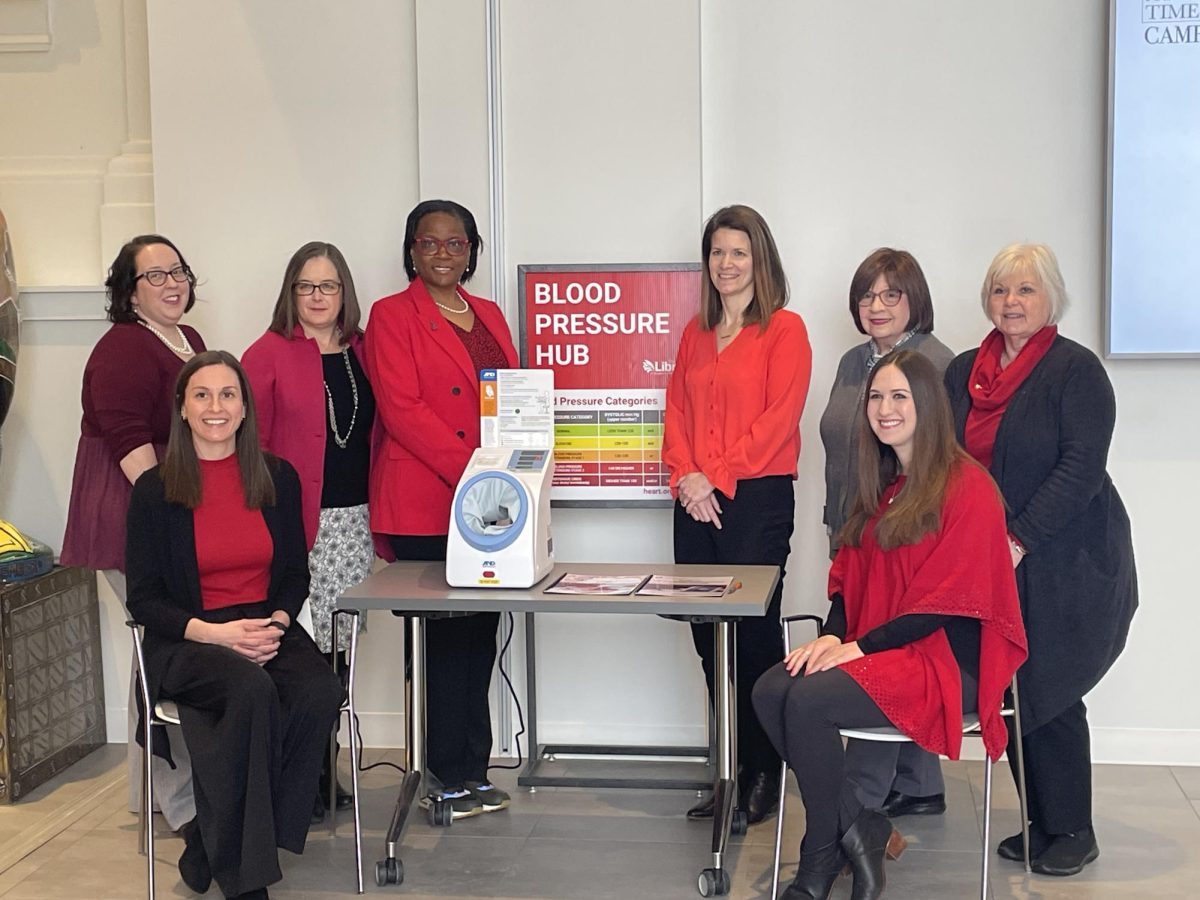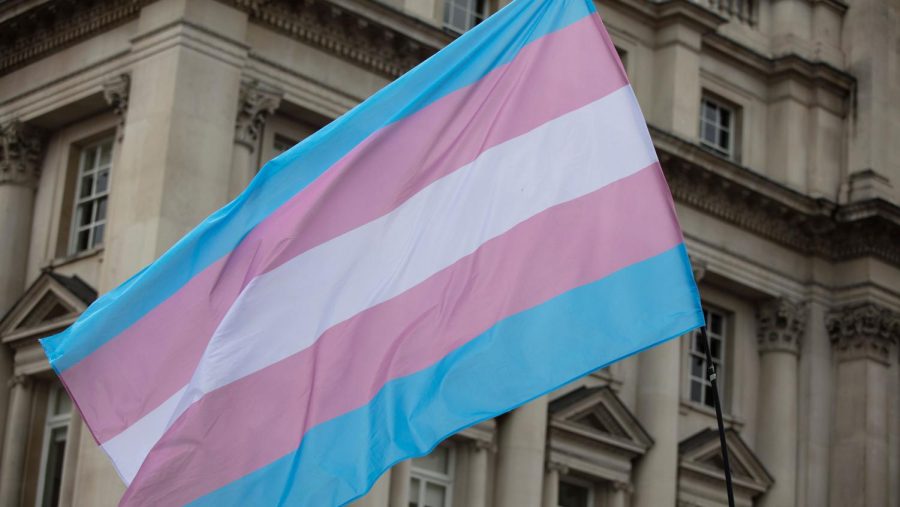Every February, the American Heart Association urges people, especially women, to take care of their hearts by celebrating National Heart Month.
While cardiovascular disease is the number one killer of women, they continue to be underrepresented when it comes to heart health, said Jennifer McNeil, communications director for the American Heart Association of Northeast Ohio.
“We are a little bit underrepresented. When you think of heart disease you don’t necessarily think of women, but you should, because it is the leading cause of death for women,” McNeil said.
The American Heart Association also started the Go Red for Women initiative, which invites people to wear red to raise awareness for women’s heart health. It starts on Feb. 2, National Wear Red Day, and lasts throughout the year.
“It’s our way of having women join together and fight for heart health, and we want the guys to fight for us too,” McNeil said.
Nearly 45% of women over the age of 20 are living with some form of cardiovascular disease, McNeil said, which is why this month is so important.
“Obviously women are underrepresented in much of their medical research as well, especially women of color — minority populations,” senior public health major Hayden Skilton said.
Skilton is the president of the Public Health Student Alliance, an organization affiliated with the College of Public Health to promote and create a sense of community within the college, she said.
“A lot of times [minority populations] don’t have as good of access to healthcare, or as much access to healthy foods and being able to exercise,” Skilton said. “Working to decrease those barriers, especially for women and women of color, I think is huge to protect their heart health and make sure they’re healthy overall.”
It is important for students to consider their heart health now, and consider factors like diet, exercise and not smoking, Skilton said.
“These problems, because they’re chronic conditions with heart disease, they start young, so it’s important to get ahead of that game,” Skilton said. “Breaking those bigger habits down into more manageable tasks is really something that we’re trying to promote.”
She said many students don’t realize incorporating one more fruit or vegetable or taking the long way to class are smaller habits that are good for their heart health.
Both Skilton and McNeil said this month is the perfect time for students to learn about their blood pressure and cholesterol, so they can recognize if anything is off with their heart.
“Taking advantage of the resources here on campus like the health center, to know those factors and be able to monitor those and speak with a healthcare professional is really important,” Skilton said.
Cardiovascular issues can start at a young age, so this month is a crucial time for students to form habits that will allow them to live healthy lives.
“Developing healthy habits and really knowing what those are is key for students so that it’s manageable, they can fit it into their lives,” Skilton said. “It’s little small tasks that can help their future selves.”
McNeil said this year’s Heart Month theme is teaching people to become “a nation of lifesavers” by training people in hands-only CPR.
McNeil said women are less likely to receive bystander CPR than men if they were to go into cardiac arrest in public because people are afraid to touch the chest area of a female.
“We want to express to everyone out there that women don’t care,” McNeil said. “They would rather survive a cardiac arrest than worry about someone touching their chest.”
Both heart attacks and cardiac arrest need immediate treatment and it is important to recognize the signs and symptoms.
A heart attack is survivable, but symptoms vary and can include pain in the chest, arm or neck, McNeil said. For women, some symptoms may start in the jaw or the arm first, not the chest.
“If you’re experiencing any of these things out of nowhere, it’s not normal and you need to get checked, and that may be a trip to the emergency room because you shouldn’t wait,” McNeil said. “If you are experiencing chest pain you should never wait.”
McNeil said a heart attack is a circulatory problem and symptoms could begin days, weeks or months before the actual event. Cardiac arrest is an electrical problem that happens immediately and is not survivable without CPR and an AED.
National Heart Month is a way the American Heart Association raises awareness about taking care of heart health, particularly for women but for the whole community as well, McNeil said.
“We feel strongly about what we do and we’re passionate about heart health,” McNeil said. “So this is a month that we really take the time to get out into the community and educate people on the signs and symptoms of heart attack and stroke.”
Savana Capp is the print planner. Contact her at [email protected].






















